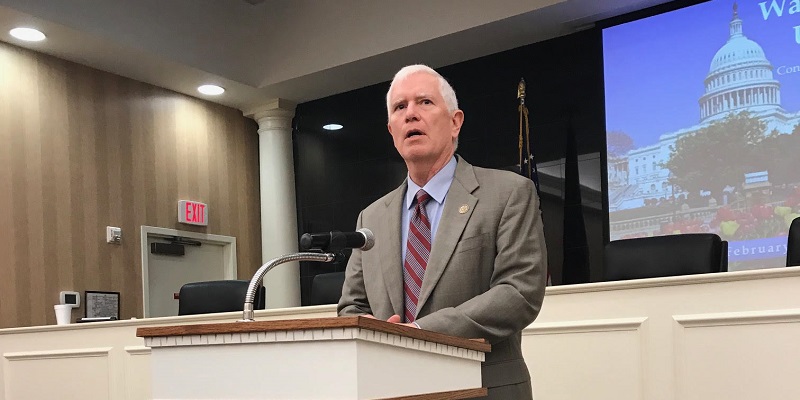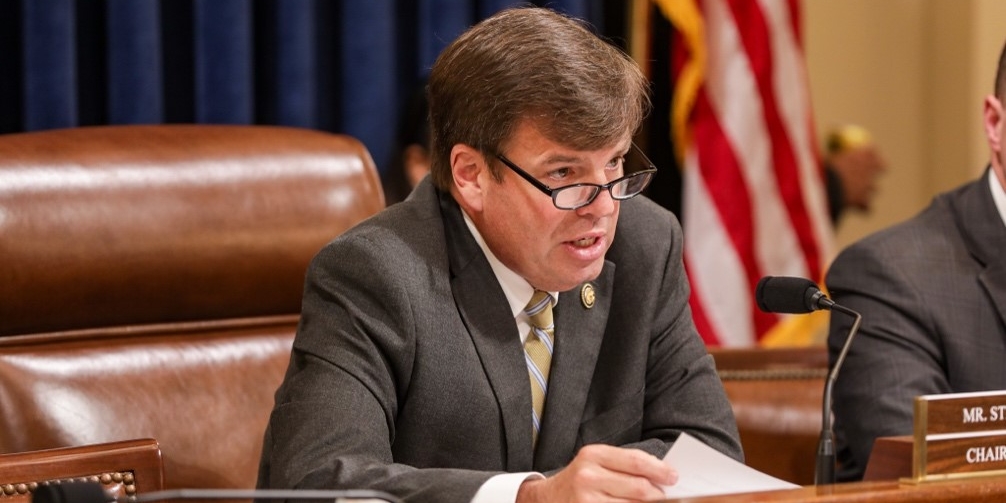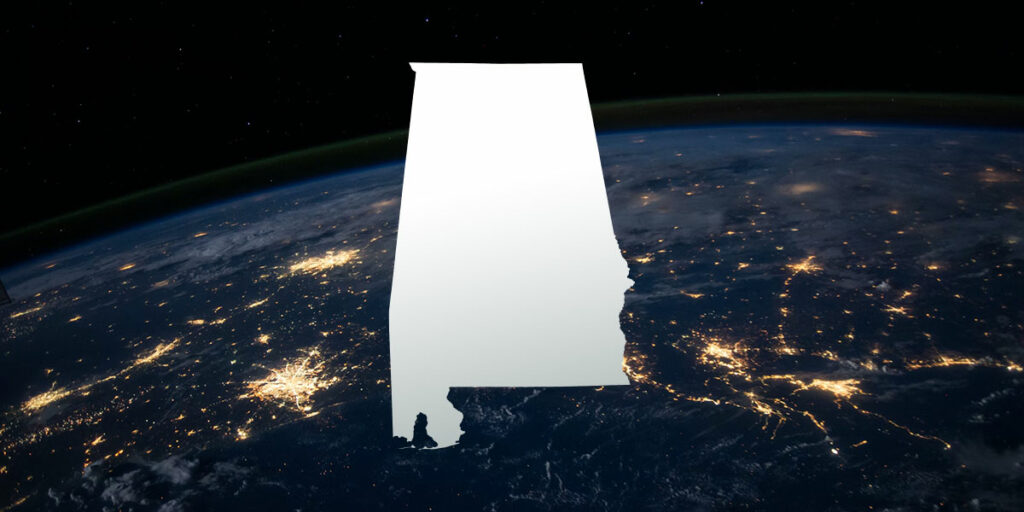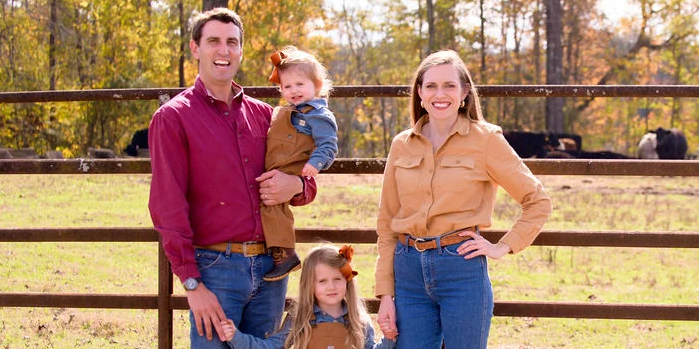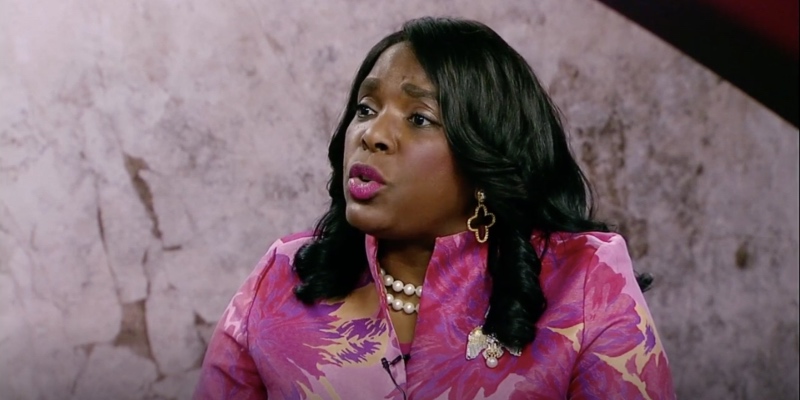Representative Mo Brooks (R-Huntsville) questioned four members of a bipartisan panel of climate experts Thursday during a House Science, Space, and Technology Committee, which led to all members admitting that humans are not responsible for the Earth’s global warming that has occurred over the past 20,000 years.
A news release from Brooks’ office outlined three facts:
- Average global temperatures were roughly 11 degrees Fahrenheit COLDER than they are today (per Zurich University of Applied Science). Stated differently, global temperatures have risen, on average, roughly 0.5 degrees Fahrenheit per century over the past 20,000 years.
- Sea levels were roughly 410 feet LOWER 20,000 years ago than they are today (per the United States Geological Survey). Stated differently, sea levels have risen, on average, roughly two feet per century over the past 20,000 years (roughly double the global warming enthusiasts’ claimed average sea level rise rate of one foot per century since 1993).
- Almost all of Canada, Northern Europe, and America (north of the Missouri and Ohio Rivers, east to New York City) was under glacial ice and uninhabitable.
According to Brooks’ statement, “The gist of the experts’ opinions is that the earth was too lightly populated by humans to make humanity responsible for the Earth’s global warming that began 20,000 years ago.”
Transcript of Brooks’ questioning of the panel, which included Dr. Robin E. Bell, Dr. Twila A. Moon, Dr. Gabriel J. Wolkon and Dr. W. Tad Pfeffer, as follows:
BROOKS: Thank you Madam Chairman. Is anyone on the panel not familiar with the Earth’s last glacial maximum roughly twenty thousand years ago? Okay everybody is, good. For those in the audience who are not, by way of background, during the last glacial maximum Northern Europe was under ice, roughly 90% of Canada and almost all of the continental United States of America north of the Missouri and Ohio Rivers and east of New York City were under ice. According to the United States Geological Survey, during the last glacial maximum – again 20,000 years ago – sea levels were roughly 410 feet lower than today. Stated differently, for 20,000 years sea levels have risen, on average, two feet per century versus the much less roughly one foot per century rising rate since 1993 that is reflected in Dr. Alley’s written testimony. Finally, per Zurich University of Applied Science, Earth’s average temperature 20,000 years ago was 48 degrees Fahrenheit versus 59 degrees Fahrenheit today. That’s an 11 degree increase in global temperature average over the last 20,000 year period. So, my question to each of you is – and we will start over here with Dr. Pfeffer and move from my right to left – did human beings cause the global warming that started 20,000 years ago and continues through today? Or, if not, what did?
PFEFFER: So, the examples from 20,000 years ago that Mr. Brooks gave us, are excellent examples of the kind of natural variability that the Earth experiences. There is no question that in the past there have been changes in temperature, and sea level rise and weather patterns and climate generally as dramatic or more dramatic than what you may be experiencing in the future and of course they weren’t human caused 20,000 years ago or the last million years. All of these variable events have been occurring throughout the Earth’s modern history.
BROOKS: Well my first question was, in your judgment, did human beings cause the global warming that began 20,000 years ago during the last glacial maximum?
PFEFFER: No. No. Absolutory not. It is an example of spontaneous natural variability— one of the many ways that this whole system was— whether you look at it in terms of sea levels rise, temperature, storms— can be varied.
BROOKS: Are you familiar with the phrase: snowball Earth, or slush ball Earth? Roughly 600 million years ago, when we were almost entirely ice or slush…
PFEFFER: Entirely natural variation.
BROOKS: …versus, the Paleocene and Eocene, thermal maximum of about 55-56 million years ago when the average temperature was roughly 73 degrees Fahrenheit which is 14 degrees warmer than what we are experiencing now? If you don’t mind, Dr. Wolkon lets go to you. Did human beings cause the global warming that began 20,000 years ago?
WOLKON: No, absolutely not. That was a product of natural variability in the climate system. Yeah.
BROOKS: Dr. Moon?
BROOKS: Humans weren’t around in nearly the numbers we are today, so we certainly were not available to be combusting fossil fuels at the rate we are today are putting emissions into the atmosphere. You can consider, we have built America in the last 243 years and we’re changing things at a much more rapid rate.
BROOKS: So, you also agree then that the global warming that has occurred over the last 20,000 years at 11 degree Fahrenheit increase in temperature, was not human caused, at least, when it began 20,000 years ago?
MOON: So, I would agree that when it began 20,000 years ago when we were coming out of the last glacial that was not caused by humans. The warming of the last 100 years, most certainly was.
BROOKS: Out of curiosity, why do you or how do you explain that the sea level rise average of the last 20,000 years has been 2 feet per century, yet we are down to 1 foot per century?
MOON: So, much of our rise in sea levels that you are talking about came earlier in that 20,000 years.
BROOKS: Over six or seven thousand years.
MOON: Over this last 10,000 years, we have been sitting with vary stable sea levels and those stable sea levels have allowed us to develop the coast of the world.
BROOKS: Okay, thank you Dr. Moon. And I only have about 30 seconds left for Dr. Bell. Dr. Bell, in your judgement, 20,000 years ago when it began was it caused by humans?
BELL: In my judgment, the variation that we were seeing 20,000 years ago was part of the pulse of the planet— it pulses at about 100,000 years, glacial or interglacial. When I started graduate school, we were expecting to go into the next glacial period, except that we as human beings in the last 100 years— and you can see the pick-up since we invented the steam engine— you can see the temperature moving up.
BROOKS: Alright, I’m out of time. Madam Chairman, I appreciate your indulgence. I just wish I had sufficient time to actually get into what the cause of the global warming that began 20,000 years ago was— if not— humans. Thank you.
CHAIRWOMAN EDDIE BERNICE JOHNSON: Excuse me. Go ahead, doctor.
PFEFFER: I just wanted to respond a bit further to your question. The changes in the past, there are two significant differences between those events and the events today. One of them is that they were triggered by natural variations, not by human agency. Let me just give you an analogy of your house: your house might burn down— and it might burn down for entirely natural reasons, it might be struck by lightning— but it could also burn down if you are careless and you drop a cigarette in the crack of the sofa. Both of those are triggers that result in your house burning down. The presence of one of them does not really say much about the other except that they both lead to the same endpoint. The other thing is that while there were these very dramatic temperature changes and sea level rises in the past— which were entirely natural— we weren’t there to deal with them. The problem here is with people. How do we respond to an environmental change? The earth will take care of itself, it doesn’t really care what happens. It is what people do. And if this had happened, you know, a long time ago, when the population of the Earth was a few hundred million, it probably wouldn’t have mattered either because we could have just gotten out of the way. But as it is today— with the number of people that we have and the infrastructure — we are very sensitive to changes of this kind. We do not handle change very well. For example, suppose that the conditions for growing crops that exist today in California, picked up and moved to North Dakota for a couple of hundred years, they are variations like that in the fairly recent geologic past that occurred. How do we deal with them? It is an entirely different world than what we were not here to experience, but we know about 20,000 years ago. We’re much more sensitive. We don’t deal well with change and to deal with it we need to know a lot about it.
BROOKS: Dr. Pfeffer, thank you for that additional insight.
Kyle Morris also contributes daily to Breitbart News. You can follow him on Twitter @RealKyleMorris.




